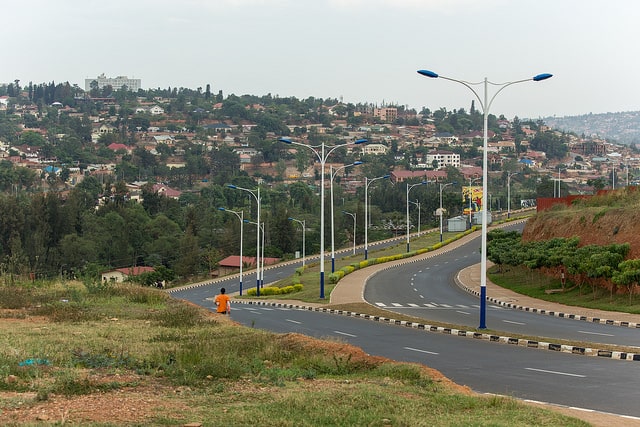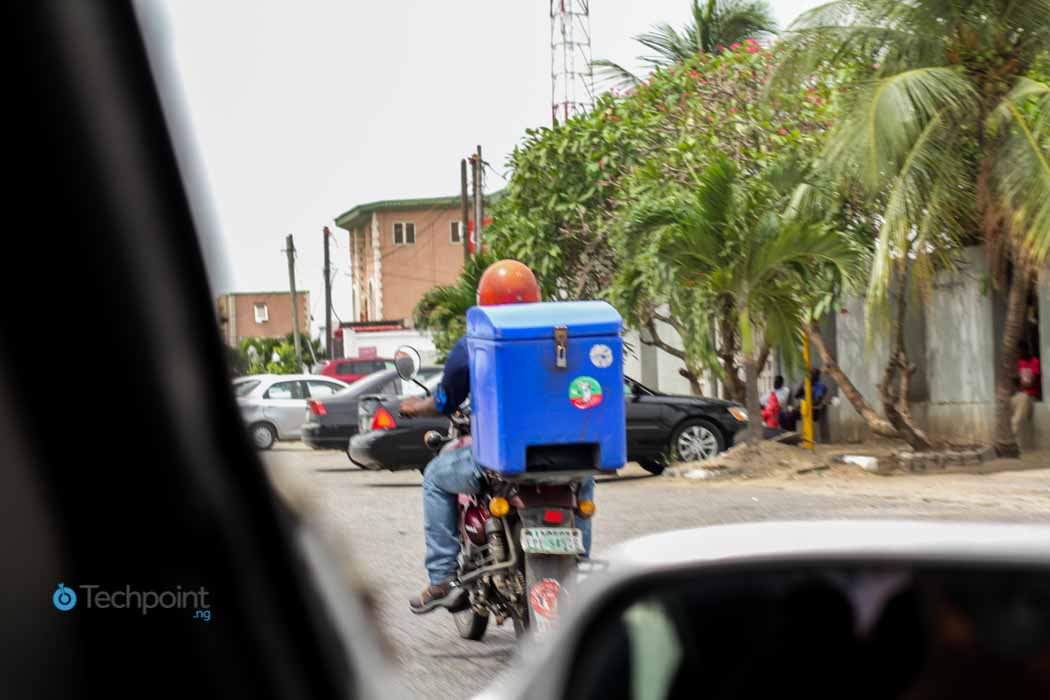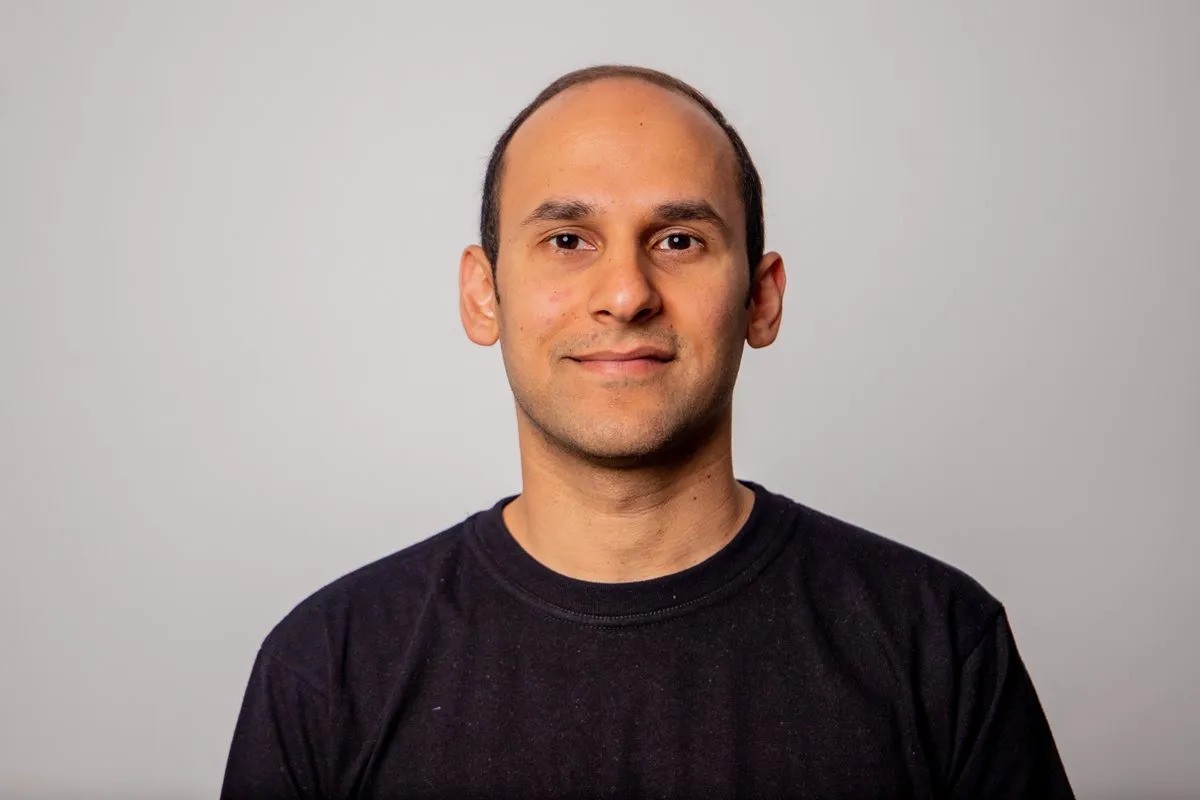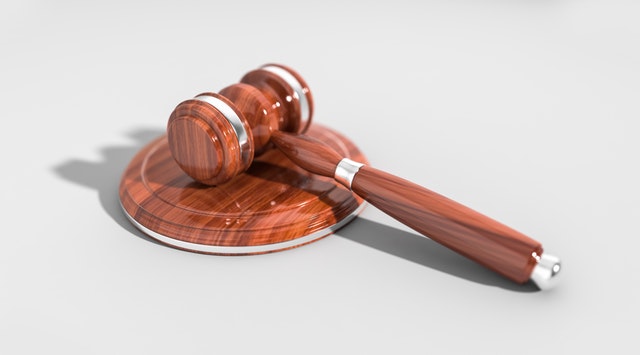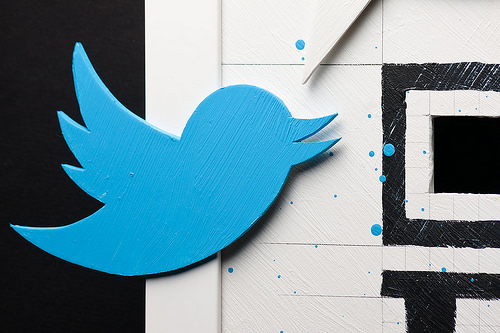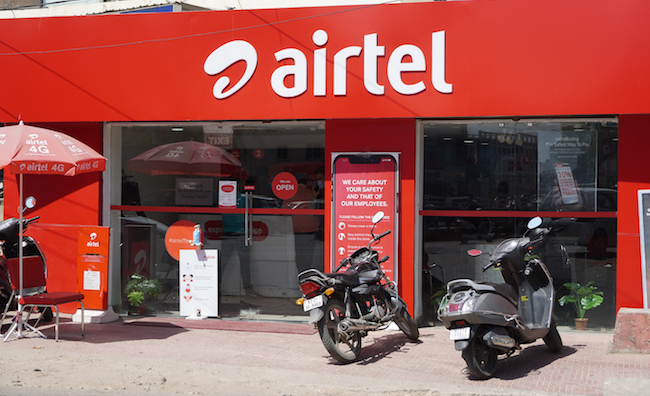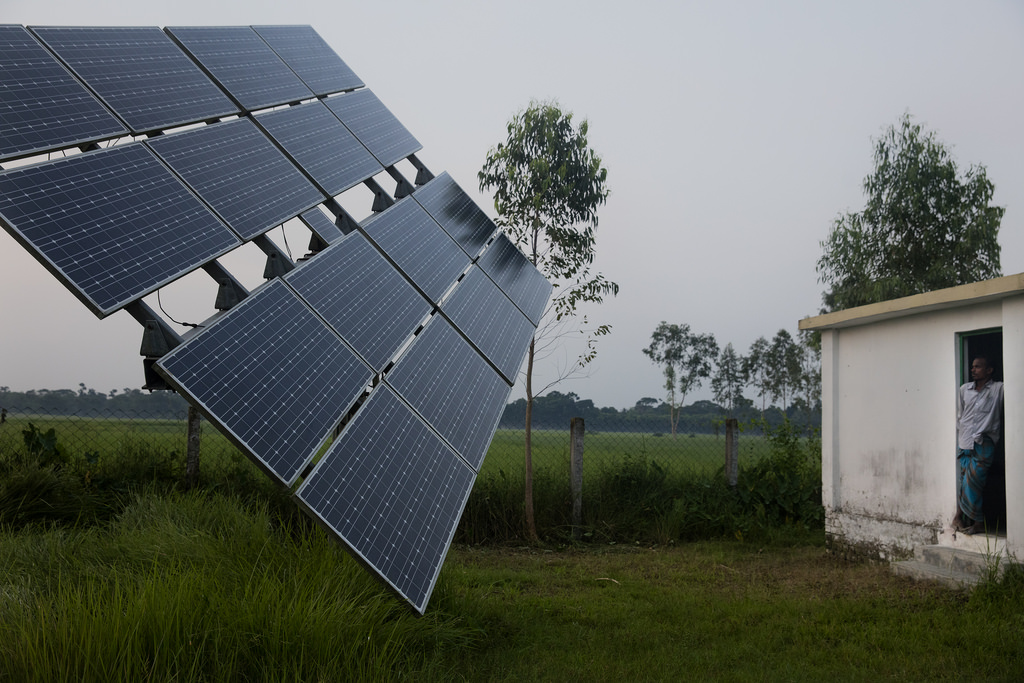The Nigerian Federal government has removed right-of-way charges (RoW) for telcos to lay fibre-optic cables on federal highways around the country. This is part of ongoing reforms by the government to boost Internet connectivity.
Nigeria's Federal Ministry of Communications announced this on Thursday, August 20, 2020, dubbing it a government palliative measure to mitigate the effects of COVID-19 on businesses.
Note that the Federal government's standard amount to lay fibre-optic cables is ₦145 per linear metre, so a total waiver should greatly reduce the burden in terms of capital expenditure when installing Internet infrastructure.
Recall that the pandemic and the ensuing lockdown brought a lot of people online (2.5 million subscribers in the case of Nigeria) and telcos had to double down on improving the quality of Internet services.
However, the cost of RoW has not been much of an issue at the federal level.
RoW charges within different Nigerian states remain irregular. Some typically charge as high as ₦6000 per linear metre, others charge the federally approved rate, while a few have completely waived the fees for telcos looking to install Internet infrastructure.
While the presence of more fibre-optic cables would greatly improve the quality of Internet services, irregular charges from different state governments might prove a serious bottleneck in improving the quality of Internet services.
Gbolahan Awonuga, Secretary for Association for Licenced telecommunication operators of Nigeria (ALTON), avers that Lagos being the landing port for the subsea cables has a great advantage, but the same can not be said of companies in the hinterland.
He explains that along the highways, the fibre cables from Lagos connect to Ibadan, and from Ibadan to Illorin and a number of other cities. But the major problem is getting those cables to pass through state roads.

Be the smartest in the room
Give it a try, you can unsubscribe anytime. Privacy Policy.
"Fibre cables are much cheaper than the current radio technology in widespread use today, and the quality of service is much higher," he says.
Though a few states have slashed RoW charges, a lot more needs to be done, in order to boost Internet connectivity in Africa's largest economy.
Featured Image credit: Justin Raycraft (cc) https://zp-pdl.com/get-a-next-business-day-payday-loan.php zp-pdl.com http://www.otc-certified-store.com/analgesics-medicine-usa.html https://zp-pdl.com/emergency-payday-loans.php срочно займлови займ вход в личный кабинетзайм домашние деньги

